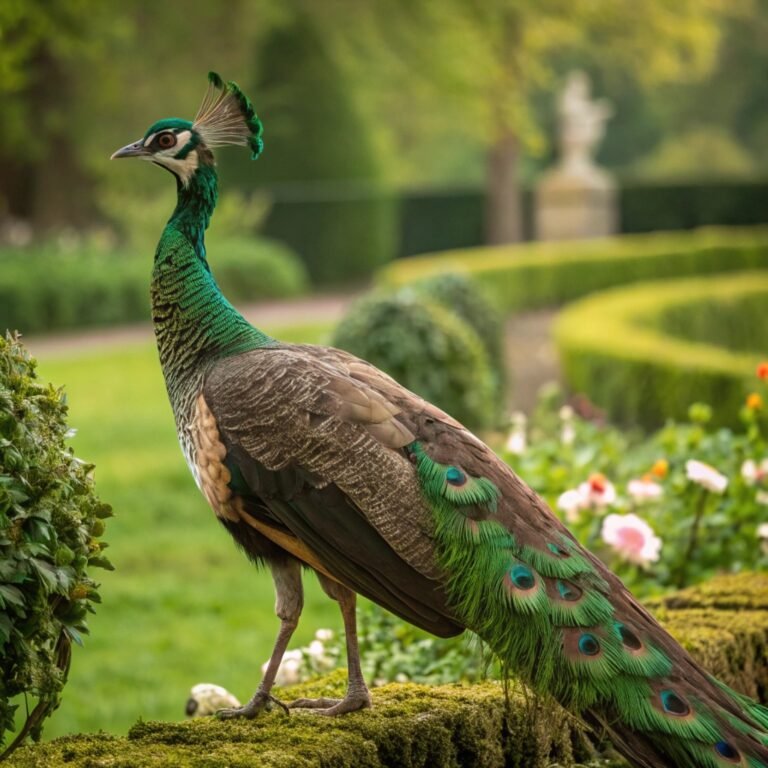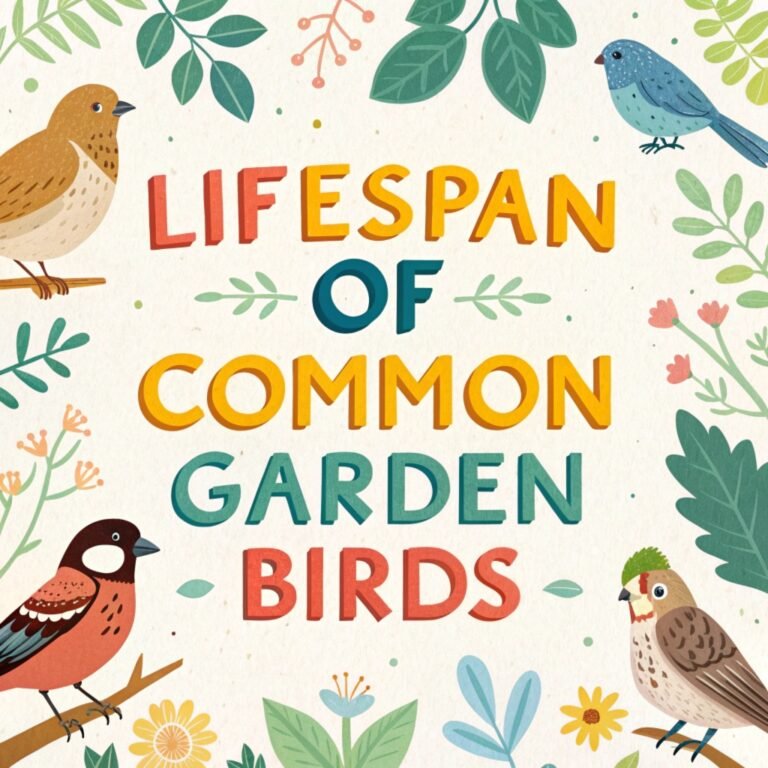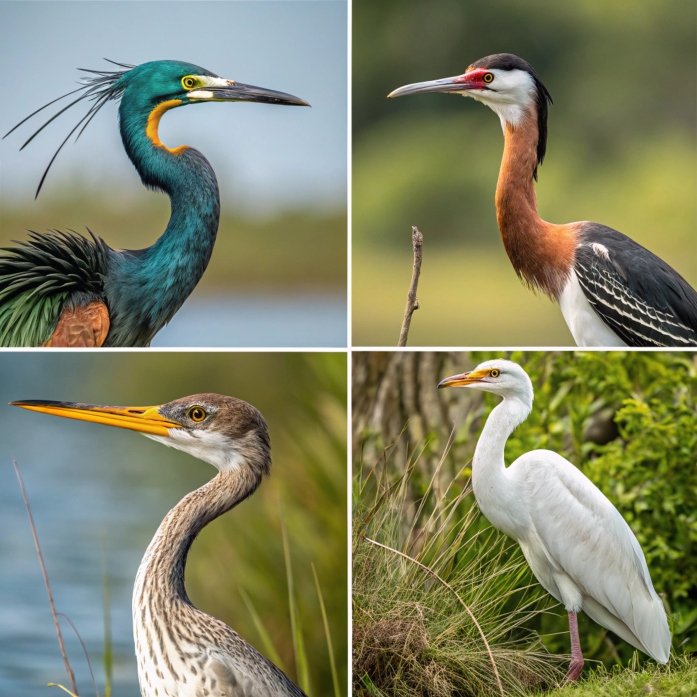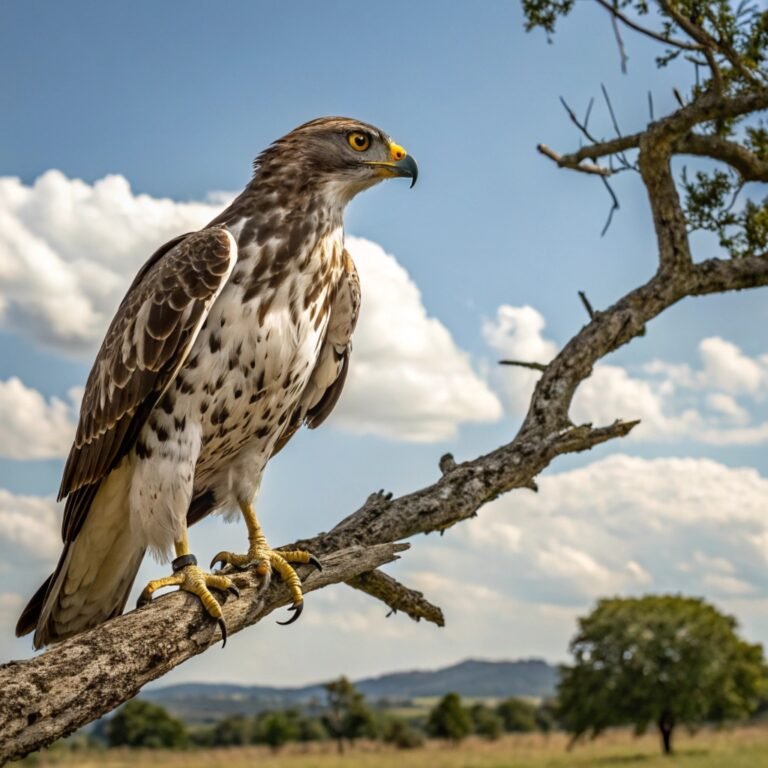What Do Ducks Eat? A Comprehensive Guide to Feeding Ducks
Ducks are fascinating creatures with unique dietary requirements. Whether you’re caring for backyard ducks or simply interested in the feeding habits of wild waterfowl, understanding what ducks eat is crucial for their health and well-being.
This comprehensive guide will explore the nutritional needs of ducks, their natural diet, and the best practices for feeding both domestic and wild ducks.
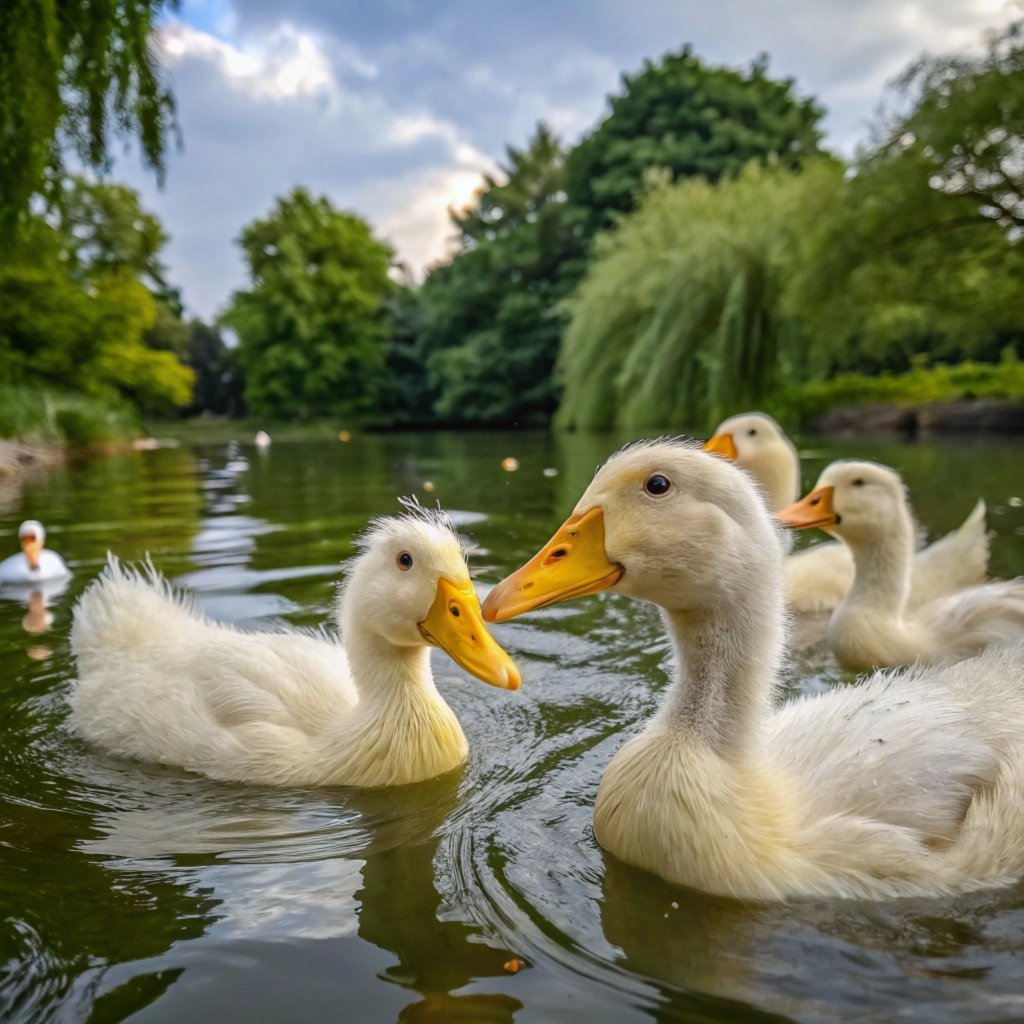
Key Takeaways:
- Ducks are omnivores, consuming both plant matter and small animals in their natural habitat.
- A balanced diet for ducks should include 18-20% protein for ducklings and 16-18% for adult ducks.
- Niacin (Vitamin B3) is crucial for ducks, with requirements twice as high as those for chickens.
- Commercial duck feed or high-quality chicken feed can form the basis of a domestic duck’s diet.
- Grit is essential for ducks to aid in digestion, especially if they consume foods other than commercial feed.
- Fresh, clean water is vital for ducks, as they need it not only for drinking but also for cleaning their bills and eyes.
- Wild ducks naturally forage for aquatic vegetation, insects, small fish, and crustaceans.
- Treats should make up no more than 10% of a duck’s diet to maintain proper nutrition.
- Avoid feeding bread, chips, crackers, and other processed human foods to ducks.
- Ducklings have specific nutritional needs, including higher protein and niacin requirements.
The Natural Diet of Wild Ducks: Foraging in Aquatic Environments
In their natural habitat, ducks are opportunistic feeders with a diverse diet. Wild ducks primarily forage in aquatic environments, consuming a variety of plant and animal matter.
Their natural diet consists of aquatic vegetation such as pond weed, duckweed, and wild rice. These plants provide essential nutrients and fiber. Ducks also feed on small aquatic animals including insects, worms, small water snails, and amphibians. Some species even consume small fish and fish eggs.
This varied diet ensures that wild ducks receive a balanced nutrition that supports their growth, energy needs, and overall health.
The foraging behavior of ducks, often seen as they dip their heads underwater or dabble at the water’s surface, is a natural way for them to access their diverse food sources.
Understanding this natural diet is crucial for those who wish to provide appropriate nutrition for domestic ducks or support wild duck populations.
Essential Nutrients for Ducks: Protein, Vitamins, and Minerals
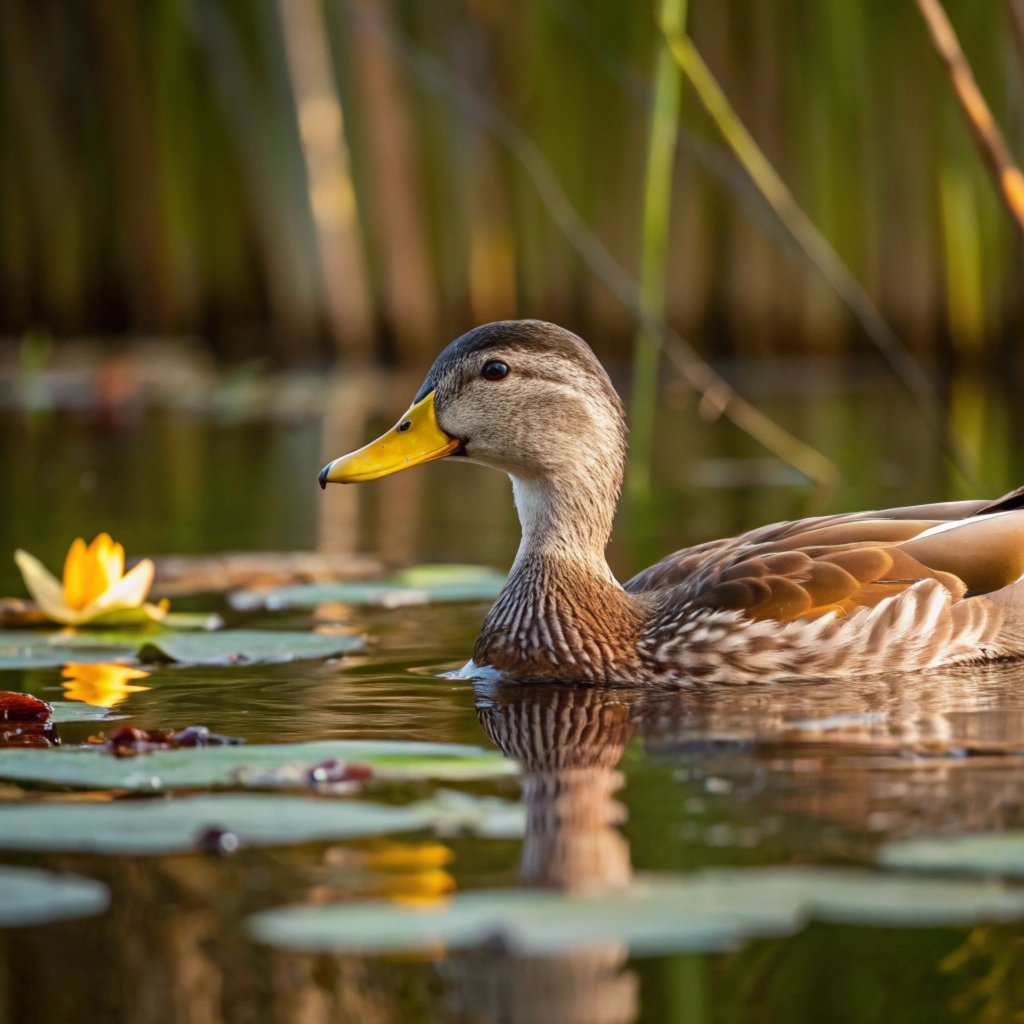
Ducks require a well-balanced diet rich in essential nutrients to thrive. Protein is a crucial component, with ducks needing about 18-20% protein in their diet during the first few weeks of life, decreasing to 16-18% for adult ducks.
Niacin (Vitamin B3) is particularly important for ducks, as they require approximately twice the amount that chickens do. This vitamin is essential for proper skeletal development and overall health.
Calcium is another vital nutrient, especially for laying ducks, who need about 2.9% in their diet compared to 0.7% for non-layers.
Phosphorus, at around 0.35% of the diet, works in conjunction with calcium for bone health. Other important nutrients include amino acids like lysine and arginine, as well as linoleic acid for feather health.
Minerals such as potassium, sodium, and magnesium also play crucial roles in duck nutrition. A balanced commercial duck feed or properly supplemented chicken feed can provide these essential nutrients.
Protein plays a crucial role in duck nutrition, supporting various physiological functions including growth, egg production, and feather development.
The protein requirements for ducks vary with age and purpose. Ducklings, with their rapid growth rate, require the highest protein levels, typically around 18-20% of their diet.
As ducks mature, their protein needs generally decrease. Adult ducks maintained for egg production usually require about 16-18% protein in their diet, while those kept for meat production may need slightly higher levels.
Commercial Duck Feed: Formulated for Optimal Health
Commercial duck feed is specifically formulated to meet the nutritional requirements of domestic ducks. These feeds typically come in the form of pellets or crumbles and are designed to provide a balanced diet with the correct proportions of protein, vitamins, and minerals.
For ducklings, a starter feed with 18-20% protein is recommended for the first two weeks, after which they can transition to a grower feed with slightly lower protein content.
Adult ducks can be maintained on a layer feed if they are producing eggs, or a maintenance feed with about 16% protein.
Commercial feeds often include the necessary amount of niacin that ducks require, which is a significant advantage over standard chicken feeds.
When choosing a commercial feed, look for options that are specifically labeled for ducks or waterfowl. If using chicken feed, it’s important to supplement with additional niacin, typically in the form of brewer’s yeast, to meet the ducks’ higher requirements.
Supplementing Duck Diets: Greens, Vegetables, and Treats
While commercial feed forms the foundation of a domestic duck’s diet, supplementing with fresh foods can provide additional nutrients and enrichment.
Green vegetables are excellent supplements, with favorites including lettuce, spinach (in moderation due to its effect on calcium absorption), and peas. Ducks also enjoy a variety of fruits such as watermelon, strawberries, and grapes (cut in half to prevent choking).
Corn, both fresh and frozen, is a popular treat. However, it’s crucial to remember that treats should not exceed 10% of a duck’s total diet to maintain proper nutrition.
Mealworms and other insects can be offered as a high-protein treat but should be given sparingly to prevent overconsumption of protein.
When offering supplements, it’s important to provide grit if the ducks don’t have access to natural sources, as this aids in digestion of fibrous materials.
Always introduce new foods gradually and observe your ducks for any adverse reactions. Remember that while treats are enjoyable for ducks, they should not replace the balanced nutrition provided by their primary feed.
Feeding Ducklings: Special Considerations for Growing Birds
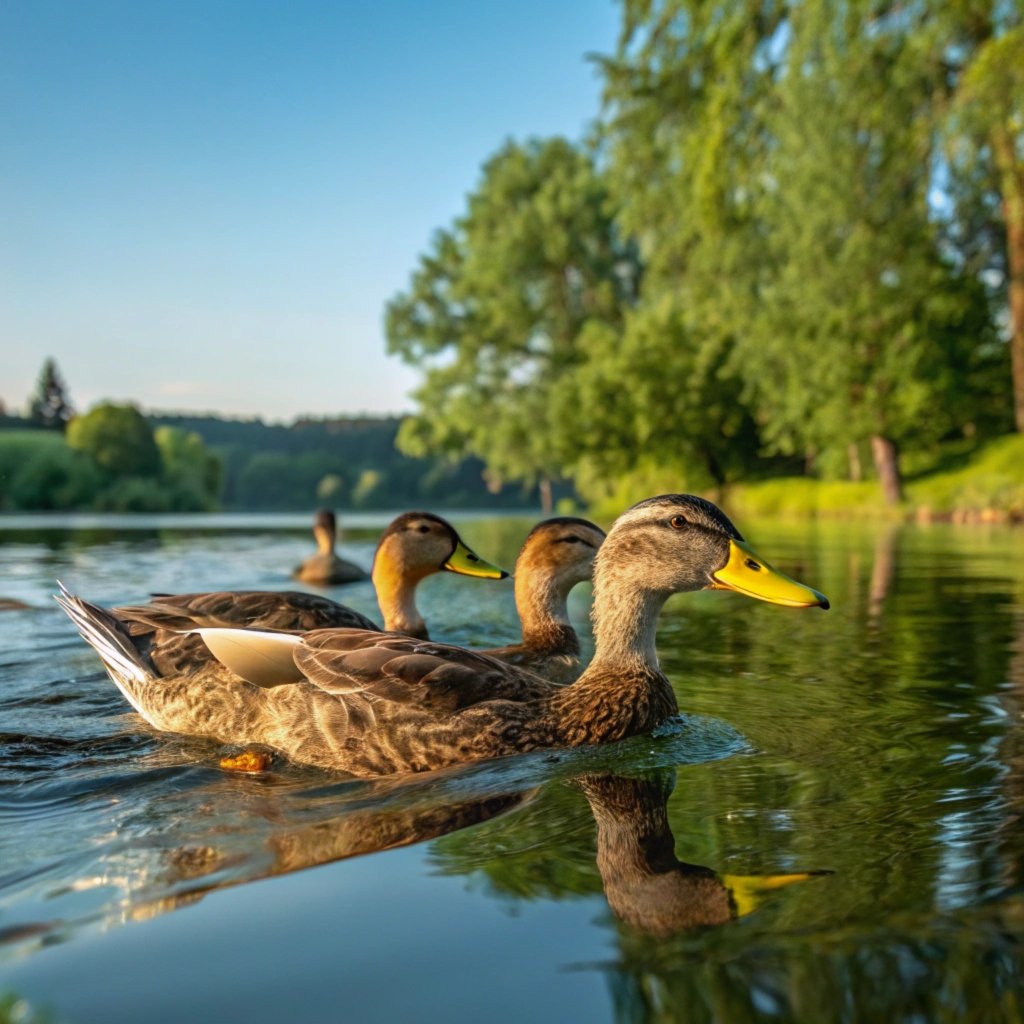
Ducklings have specific nutritional needs that differ from adult ducks. In their first two weeks of life, ducklings require a diet with 18-20% protein to support their rapid growth.
This can be provided through a commercial duckling starter feed or a high-quality chick starter supplemented with additional niacin. Niacin is particularly crucial for ducklings, as a deficiency can lead to leg deformities and other health issues.
If using chick feed, add brewer’s yeast at a rate of about 1/2 cup per 10 pounds of feed to meet their niacin requirements. Ducklings should be fed ad libitum (free choice) for the first few weeks, with food available at all times.
As they grow, you can gradually transition to a grower feed with slightly lower protein content.
It’s important to provide ducklings with shallow water sources for drinking and cleaning their bills, but ensure the water isn’t deep enough for them to swim in until they develop their waterproof feathers at around 4-5 weeks old.
Always monitor ducklings closely and adjust their diet as needed to support healthy growth and development.
The Importance of Water in Duck Nutrition
Water plays a crucial role in duck nutrition and overall health. Ducks require access to clean, fresh water not only for drinking but also for maintaining their eyes and bills. Unlike chickens, ducks need to submerge their entire bill in water to clean their nostrils and eyes.
This behavior, known as dabbling, is essential for their well-being. Ducks can consume up to two liters of water per day, so it’s vital to provide an ample supply.
The water source should be deep enough for ducks to submerge their heads but not so deep that it poses a drowning risk, especially for ducklings.
In addition to drinking and cleaning, water helps ducks regulate their body temperature and aids in digestion. When feeding ducks, it’s beneficial to place water sources near feeding areas, as ducks often alternate between eating and drinking.
However, ensure that feed doesn’t contaminate the water, as this can lead to bacterial growth. Regularly cleaning and refilling water containers is essential to maintain hygiene and prevent the spread of diseases.
Foraging Behavior: Encouraging Natural Feeding Habits
Foraging is a natural and important behavior for ducks, contributing to their physical and mental well-being. Encouraging foraging in domestic ducks can help mimic their natural feeding habits and provide enrichment.
One way to promote foraging is by scattering feed on the ground or in shallow water, allowing ducks to search for and pick up food items. This not only satisfies their natural instincts but also provides exercise.
Creating a diverse environment with different types of vegetation can also encourage foraging behavior. Plants like duckweed, watercress, and other aquatic plants can be grown in ponds or water containers for ducks to forage.
For ducks without access to natural water bodies, you can create simulated foraging opportunities by placing leafy greens or floating vegetables in shallow trays of water.
Providing a variety of textures and food types, such as whole grains, chopped vegetables, and insects, can also stimulate foraging behavior.
Remember that while foraging is beneficial, it should complement, not replace, a balanced diet provided through commercial feed.
Seasonal Changes in Duck Diets: Adapting to Nature’s Cycles
Duck nutritional needs can vary with the seasons, reflecting the changes they would experience in the wild. During winter, ducks typically require more energy to maintain body heat, so their diet may need to be adjusted to include more calorie-dense foods.
The protein requirements for mature ducks may drop to about 12-14% during this time. In spring, as the breeding season approaches, laying ducks will need an increase in protein and calcium to support egg production.
Their protein requirements may increase to around 18%, and additional calcium supplements like oyster shells should be provided. Summer diets can include more fresh greens and insects, mimicking the abundance of these food sources in nature.
As autumn approaches, wild ducks would naturally consume more seeds and grains to prepare for migration, so domestic ducks can be offered similar foods in moderation.
Throughout the year, it’s important to observe your ducks and adjust their diet as needed, taking into account factors such as age, egg production, and overall health.
Avoiding Harmful Foods: What Not to Feed Ducks
While ducks have a varied diet, there are several foods that should be avoided to ensure their health and well-being. Bread, although commonly associated with feeding ducks, is not nutritionally beneficial and can lead to malnutrition and obesity. Other foods to avoid include:
- Chips, crackers, and other processed snacks
- Chocolate, which is toxic to ducks
- Avocado, which can be harmful to many bird species
- Onions and garlic, which can cause anemia
- Citrus fruits, which may interfere with calcium absorption
- Spinach in large quantities, due to its effect on calcium absorption
- Moldy or spoiled foods of any kind
It’s also important to avoid feeding ducks any food that has gone rancid or shows signs of mold. When offering treats, always ensure they are cut into appropriate sizes to prevent choking.
By avoiding these harmful foods and sticking to a diet that closely resembles their natural intake, you can help maintain the health and longevity of ducks in your care.
Grit and Supplements: Supporting Digestive Health
Grit plays a crucial role in duck digestion, especially for ducks that consume foods other than commercial feed. Unlike chickens, ducks don’t have teeth, so they rely on grit to help grind food in their gizzards.
Insoluble grit, such as small pebbles or coarse sand, should be provided separately from their feed. Ducks with access to natural environments often find their own grit, but those in more confined spaces will need it supplied. In addition to grit, certain supplements can support duck health.
Calcium supplements, like crushed oyster shells, are important for laying ducks to ensure strong eggshells. However, be cautious not to oversupplement calcium in non-laying ducks.
Vitamin and mineral supplements can be beneficial, especially if ducks are not on a complete commercial feed. Probiotics can support digestive health and immune function, particularly useful during times of stress or after antibiotic treatment.
Always introduce supplements gradually and consult with a veterinarian or poultry specialist to ensure you’re meeting your ducks’ specific needs without overfeeding any particular nutrient.
Feeding Wild Ducks: Best Practices and Conservation Considerations
While feeding wild ducks can be an enjoyable activity, it’s important to approach it with conservation and the ducks’ well-being in mind.
The best practice is to avoid feeding wild ducks altogether, as they are typically well-adapted to finding natural food sources. However, if you do choose to feed wild ducks, opt for foods that closely resemble their natural diet. Suitable options include:
- Cracked corn or other grains
- Frozen peas or corn (thawed)
- Oats (uncooked)
- Duck pellets or waterfowl feed
- Chopped lettuce or other greens
When feeding, scatter the food on the water or on the ground to encourage natural foraging behavior. Never feed bread or processed human foods to wild ducks, as these can lead to malnutrition and environmental issues.
It’s crucial to feed in moderation and not make wild ducks dependent on human-provided food. Be aware of local regulations regarding wildlife feeding, as it may be prohibited in some areas.
By following these guidelines, you can enjoy observing wild ducks without compromising their health or natural behaviors.
FAQs
What is the best food to feed ducks?
The best food for ducks is a balanced commercial duck feed that provides all the necessary nutrients. This can be supplemented with fresh vegetables, grains, and occasional treats like mealworms or fruits.
Can ducks eat bread?
While ducks can eat bread, it’s not recommended. Bread lacks essential nutrients and can lead to malnutrition and health problems if fed in large quantities. It’s better to offer more nutritious alternatives.
How often should I feed my ducks?
Adult ducks can be fed twice daily, typically in the morning and evening. Ducklings should have access to food throughout the day. Always ensure fresh, clean water is available at all times.
Do ducks need special food in winter?
During winter, ducks may need slightly more calorie-dense foods to maintain body heat. Their protein requirements might decrease to about 12-14% for mature ducks. Ensure they have access to unfrozen water.
Can ducks eat chicken feed?
Ducks can eat chicken feed, but it should be supplemented with additional niacin, typically by adding brewer’s yeast. Chicken feed alone doesn’t meet all of a duck’s nutritional needs.
How much should I feed my ducks?
An adult duck typically eats about 170-200 grams of feed per day. However, this can vary based on the duck’s size, activity level, and whether they have access to forage.
Is it okay to feed wild ducks?
It’s generally best not to feed wild ducks as they are adapted to find natural food sources. If you do feed them, offer foods that mimic their natural diet and do so in moderation.
What treats can I give my ducks?
Healthy treats for ducks include chopped vegetables like lettuce and peas, fruits like watermelon and berries, and insects like mealworms. Treats should not exceed 10% of their total diet.
Do ducks need grit in their diet?
Yes, ducks need grit to help grind food in their gizzards. If they don’t have access to natural grit sources, provide insoluble grit separately from their feed.
How can I tell if my ducks are getting proper nutrition?
Well-nourished ducks will have bright eyes, clean feathers, and be active. They should maintain a healthy weight, and laying ducks should produce eggs with strong shells. Any signs of lethargy, weight loss, or feather problems may indicate nutritional issues.

Hello, I’m Emily Price, the founder of Birds Affection. As a passionate bird enthusiast and spiritual seeker, I’ve always been fascinated by the symbolic meanings and mystical connections between birds and our lives. On this website, I share my knowledge and insights on the spiritual significance of various bird species, exploring their roles as messengers, guides, and teachers. Through my writing, I aim to inspire and educate others on the profound wisdom and beauty that birds bring to our world. Join me on this journey as we delve into the enchanting realm of bird symbolism and discover the hidden meanings behind these magnificent creatures.


